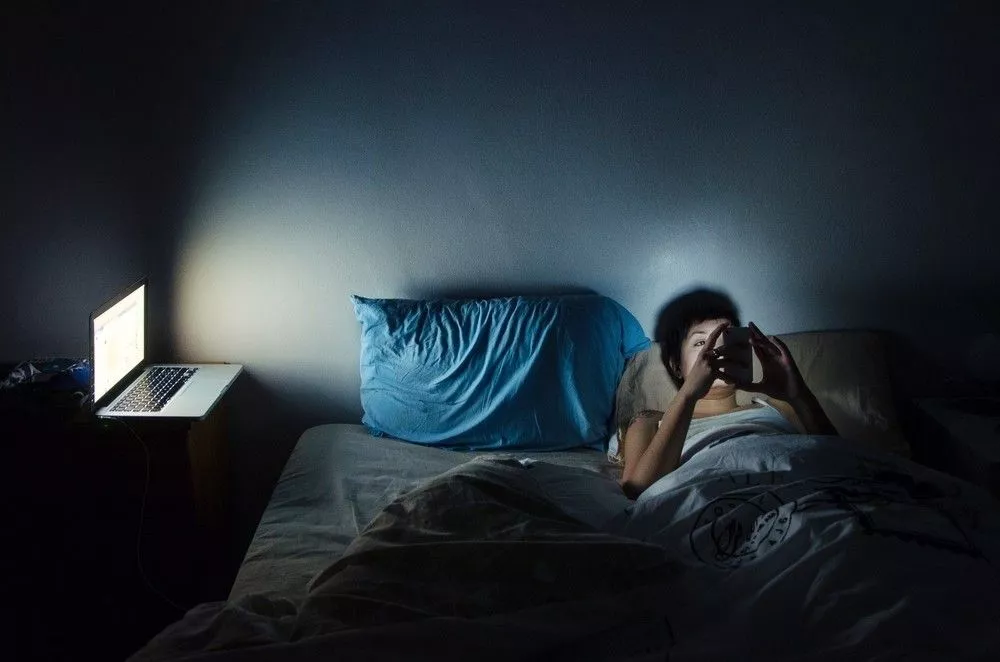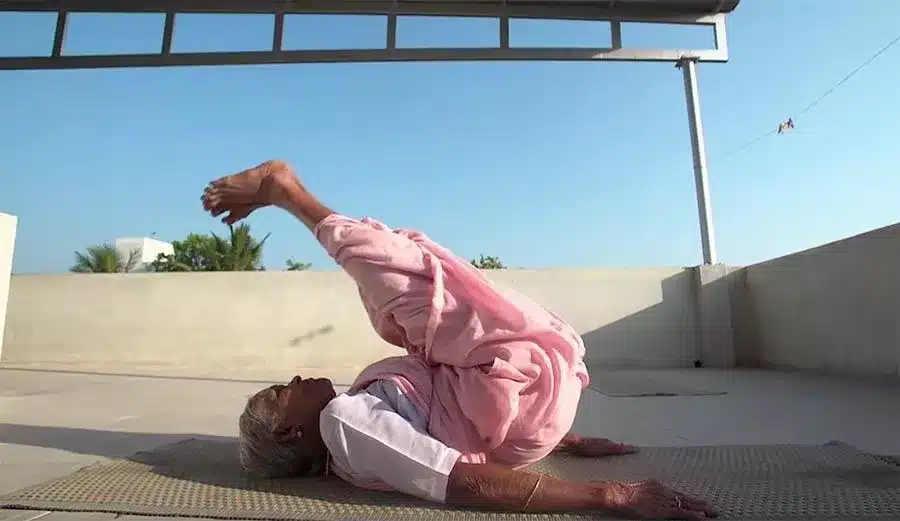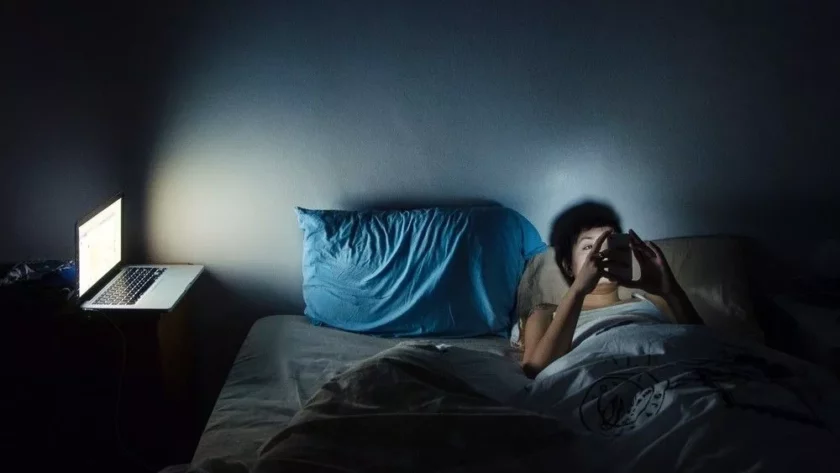There are many reasons for night sleeplessness before that – sleep is vital for our overall health, and that keeps every process on the level.
It is believed that an average man should sleep for 7 to 8 hours so that they are charged for the next day.
Research has shown that lack of sleep due to sleep disorders, work schedules, and chaotic lifestyles continues to threaten both health and safety.
Another study found links b/w inadequate sleep and a wide range of disorders including:
- Hypertension (high blood pressure)
- Obesity
- Type II diabetes
- Low immunity
- Cardiovascular disease
- Arrhythmias
- Mood disorders like bipolar and depression, and poorer well-being
- loneliness
- dementia
- Irritability
If a person does not get enough sleep, a person can have these health disorders.
Sleeping difficulty is when a person has trouble sleeping at night, it may be hard to fall asleep or wake up many times throughout the night.
Reason for sleeplessness
Contents
There are many reasons for night sleeplessness or sleep difficulties which includes:

Using mobile while sleeping time
It says mostly that don’t use a mobile phone while sleeping, because it interacts sleeping cycle and decreases vision, especially when light is off.
There are several studies that truly agree with this. but what actually happens when we use smartphones while sleeping? (1)
The major reason for this is blue light can decrease the production of melatonin, (a hormone that controls the sleep/wake cycle or circadian rhythm)
Reduction in melatonin makes it difficult to fall and stay asleep (2)
Some studies have found that interaction with blue light increases brain alertness and can stimulate cognitive functions, which in turn can lead to poor sleep quality (3)
A study conducted on 43% of Saudi university students who are using smartphones for long hours had decreased sleeping hours with low energy the next day (4)
One more study has shown linked between mobile phone usage and symptoms of headache, dizziness, and sleep disturbance (5).
Poor sleep quality leads to many health issues which include:
- Associate with multiple disorders like obesity, diabetes, and insulin insensitivity.
- Promote skin aging
- Increased risk of premature birth
- High blood pressure
- risk of cardiovascular diseases
A study found that those who are frequently using smartphones at bedtime had significantly linked poor sleep quality with insomnia symptoms, fatigue, and late rise time.
Daytime sleep
It found that daytime sleep makes it hard to sleep at night, and also leads to a late sleep.
Study also show that exposure to excessive nighttime light and underexposure to daytime sunlight can lead to disruption of circadian rhythms (6).
Daytime sleep, tiredness, lack of energy, difficulty in concentration, and irritability symptoms of insomnia (7)
NOTE: Excessive daytime sleepiness is often associated with sleep apnea or depression (8)
Caffeine
Caffeine actually doesn’t give you energy, it just triggers your brain in thinking, that you are not tired.
It simply triggers in your brain a compound called adenosine (which is built up in the brain along you are awake) (9)
As the day progress, adenosine is released more each hour, which causes sleepiness and fatigue by triggering those receptors (10).
Caffeine and adenosine structures look so similar, and this is where the caffeine is bound to the receptor, where adenosine should have been.
NOTE: Basically, caffeine takes the place of adenosine, by binding to itself in brain receptors, which stops the sleeping process (11)
As time goes on caffeine is metabolized (it takes about 4 to 10 hours) (12)
Now the receptors are opened again and adenosine goes straight to attached to them, resulting in the feeling of falling asleep again.
NOTE: Consuming frequent coffee to stay a person awake, can have negative effects on sleep, as well as on health also.
Exercise before sleep
Regular exercise has many health benefits, like promoting cardiovascular health, reducing anxiety, promoting relaxation, sleep cycle, etc.
Researchers have shown that daytime exercise exerts a positive effect on nighttime sleep quality (13)
The research was late-night vs early evening exercises report shows that night exercise cause difficulty in falling asleep, restless, early awakening, and more tiredness in the morning.
Another study showed that late-night exercises on the majority showed fall asleep quickly, deeper sleep, and woke up with better feeling.
But not all other exercises keep you awake at night, you can try these exercises before bed (14) these include:
- Yoga asanas include stretching, different posture, etc
- light walking
- cycling
- weight lifting (light to moderate weight)
Avoid these energetic exercises before bedtime is:
- Running
- Brisk walking (15)
- HIgh-intensity exercises (push-ups, heavy weightlifting, squats, etc)
- Swimming laps
- Fast cycling
Basically avoid those exercises that increase your BP, and heart rate, and make you fatigued, which overall triggers the brain that causes makes it hard to fall asleep.
However, not only can exercise cause night sleeplessness but there are some other things like – excitement (for the next day), and Nervous.
Check Out – Exercises To Give Your Butt And Thighs A Good Shape: At Home
Mental health issue
Sleep affects our mental health in many ways, not proper sleep at night leads to low concentration, irritability, anxiety, etc
Mental health problems are more likely to have insomnia or other sleep disorders like sleep apnea, and rapid eye movement (16).
Insomnia is the most common sleep disorder where a person has difficulty falling asleep.
Schizophrenia is a mental disorder (where people interpret reality abnormally, hallucinations, and extremely disordered thinking, which affect the quality of life).
Research has shown that disturbed sleep is found in 30%–80% of patients with schizophrenia (17)
Depression is a most common mental disorder, a study showed that poor sleep quality is confirmed in 50 to 80% of people diagnosed with depression.
Some other mental disorders include:
- Bipolar disorder
- Parkinson’s disease
- Euthymia
- Alzheimer’s disease
Check Out – Is Music Can Treat Mental and Physical illness?
Good night’s sleep is one of the best ways to prevent possible mental and physical health issues, which helps control mental disturbance.
Age

It common natural phenomenon that as we get aged sleep quantity and quality also reduce (18).
A study on sleep in older adults (both males and females) showed that females are more likely to report disturbed sleep than men’s nighttime awakenings.
Furthermore, the increased frequency of sleep-related disorders in elderly people contributes to much of the sleep deficiencies observed (19) (20).
A meta-analysis of the elderly population report showed that both long and short sleep is allied with the risk of cardiovascular and cancer-related mortality.
NOTE: An elder people older than 65 sleepless 7 to 8 hours a day is enough (21)
Babies up to 3 months old require the largest, children and teenagers under 18 years old should sleep more than 8 hours a night to stay healthy.
However, each person has individual needs for sleep, according to their daily activities.
Fatigue
Research has shown that fatigue, tiredness, and exhaustion are associated with sleep deprivation, also naturally occurring poor-quality sleep (22).
After the party, or excitement fatigue leads to leg pain, which interacts with sleep, and makes it hard to sleep at night (23).
Most of the studies show that short-term sleep duration and poor sleep quality contribute to fatigue (24).
Medications
Yes, there is much medicine that makes it hard to sleep at night (25).
Certain common medicines that may be a reason for sleeplessness at night, whether it is a side effect or common reaction include:
- Asthma
- Thyroid medication
- Anti-smoking medicines
- Heart medicines like beta-blockers (26)
- Attention-deficit hyperactivity disorder (ADHD)
- Medicines for colds and allergies
- pain relief
- Herbal medicine
Basically, these medicines affect the level of melatonin (a hormone that responds to the sleep cycle), and if melatonin is triggered then it makes it hard to fall asleep at night.
NOTE: If you are on any medication, and it interacts with your sleep, so talk to your doctor, may change the medicine or reduce the dose (27)
Many people think that, ok fine, we will take sleeping medicine which will help to sleep fast, but think about it, will it be like natural sleep?
Multiple studies showed that sleep medicines significantly affect your quality of life (28) (29) including:
- Difficulty in concentrating
- nausea
- headache
- drowsiness (30)
- amnesia (mental health issue)
- linked with short-term memory
- dry mouth
- oversleeping
- nightmares
BOTTOM LINE
Sleeping too much during the day, lack of exposure to sunlight, leg pain, and some prescription medicine may lead to difficulty sleeping.
Make sure if you notice sleepy all time, then you should talk to doctor, it may be some other issues.




